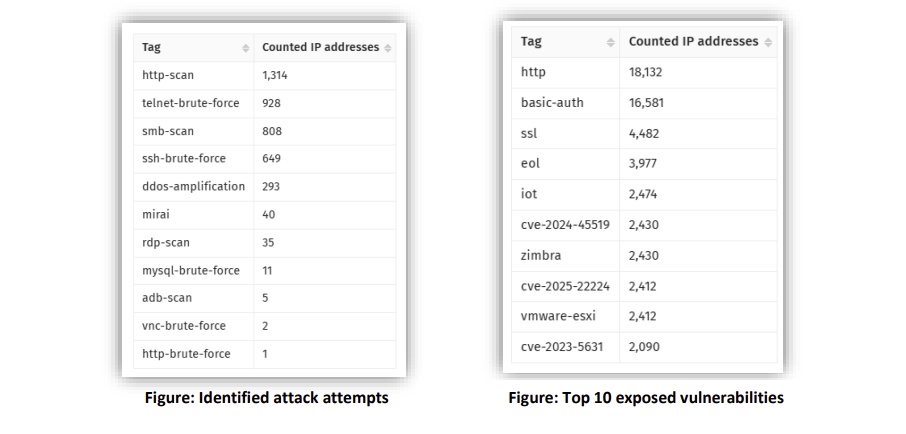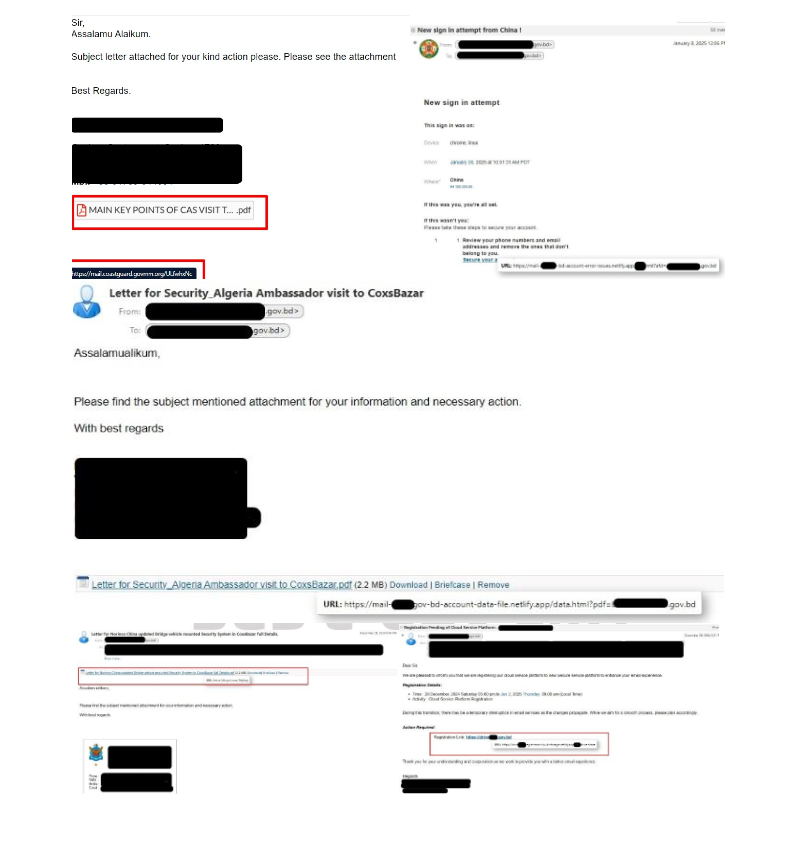Multiple Vulnerabilities in Google Android OS Could Allow for Remote Code Execution
by CIRT Team
DESCRIPTION
Multiple vulnerabilities have been discovered in the Google Android operating system (OS), the most severe of which could allow for remote code execution. Android is an operating system developed by Google for mobile devices, including, but not limited to, smartphones, tablets, and watches. Successful exploitation of the most severe of these vulnerabilities could allow for remote code execution within the context of a privileged process. Depending on the privileges associated with this application, an attacker could then install programs; view, change, or delete data; or create new accounts with full user rights. If this application has been configured to have fewer user rights on the system, exploitation of the most severe of these vulnerabilities could have less impact than if it was configured with administrative rights.
IMPACT
Multiple vulnerabilities have been discovered in Google Android OS, the most severe of which could allow for remote code execution within the context of a privileged process. Details of these vulnerabilities are as follows:
- Multiple vulnerabilities in Framework that could allow for Escalation of Privileges (CVE-2020-0074, CVE-2020-0388, CVE-2020-0391, CVE-2020-0401)
- Multiple vulnerabilities in Framework that could allow for Information Disclosure (CVE-2020-0382, CVE-2020-0389, CVE-2020-0390, CVE-2020-0395, CVE-2020-0397, CVE-2020-0399)
- A vulnerability in Media Framework that could allow for Escalation of Privileges (CVE-2020-0392)
- Multiple vulnerabilities in Media Framework that could allow for Information Disclosure (CVE-2020-0245, CVE-2020-0381, CVE-2020-0383, CVE-2020-0384, CVE-2020-0385, CVE-2020-0393)
- Multiple vulnerabilities in System that could allow for Escalation of Privileges (CVE-2020-0386, CVE-2020-0394)
- A vulnerability in System that could allow for Remote Code Execution (CVE-2020-0380)
- Multiple vulnerabilities in System that could allow for Information Disclosure (CVE-2020-0396, CVE-2020-0379)
- Multiple vulnerabilities in Kernel that could allow for Escalation of Privileges (CVE-2020-0402, CVE-2020-0404)
- A vulnerability in Kernel that could allow for Information Disclosure (CVE-2020-0407)
- Multiple vulnerabilities in Google Play system updates that affect Project Mainline components (CVE-2020- 0245, CVE-2020-0383)
- Multiple high severity vulnerabilities in MediaTek components that affect the Sound Driver of Android TV, mdla and ATF (CVE-2020-0123, CVE-2020-0229, CVE-2020-0278, CVE-2020-0342)
- Multiple high severity vulnerabilities in Qualcomm Kernel components (CVE-2019-10527, CVE-2019-14117, CVE-2020-3613, CVE-2020-3656, CVE-2020-11124)
- Multiple critical severity vulnerabilities in Qualcomm Closed-source components (CVE-2019-10628, CVE-2019-10629, CVE-2019-13994, CVE-2020-3621, CVE-2020-3634)
- Multiple high severity vulnerabilities in Qualcomm Closed-source components (CVE-2019-10596, CVE-2019-13992, CVE-2019-13995, CVE-2019-14074, CVE-2020-3617, CVE-2020-3620, CVE-2020-3622, CVE-2020-3629, CVE-2020-3671, CVE-2020-11129, CVE-2020-11133, CVE-2020-11135)
Successful exploitation of the most severe of these vulnerabilities could allow for remote code execution in the context of a privileged process. These vulnerabilities could be exploited through multiple methods such as email, web browsing, and MMS when processing media files. Depending on the privileges associated with the application, an attacker could then install programs; view, change, or delete data; or create new accounts with full user rights. If this application has been configured to have fewer user rights on the system, exploitation of the most severe of these vulnerabilities could have less impact than if it was configured with administrative rights.
SYSTEM AFFECTED
Android OS builds utilizing Security Patch Levels issued prior to September 5, 2020
RECOMMENDATIONS
Following actions are recommended to be taken:
- Apply appropriate updates by Google Android or mobile carriers to vulnerable systems, immediately after appropriate testing.
- Remind users to only download applications from trusted vendors in the Play Store.
- Remind users not to visit un-trusted websites or follow links provided by unknown or un-trusted sources.
- Inform and educate users regarding threats
REFERENCES
https://source.android.com/security/bulletin/2020-09-01
http://cve.mitre.org/cgi-bin/cvename.cgi?name=CVE-2019-10527
http://cve.mitre.org/cgi-bin/cvename.cgi?name=CVE-2019-10596
http://cve.mitre.org/cgi-bin/cvename.cgi?name=CVE-2019-10628
http://cve.mitre.org/cgi-bin/cvename.cgi?name=CVE-2019-10629
http://cve.mitre.org/cgi-bin/cvename.cgi?name=CVE-2019-13992











